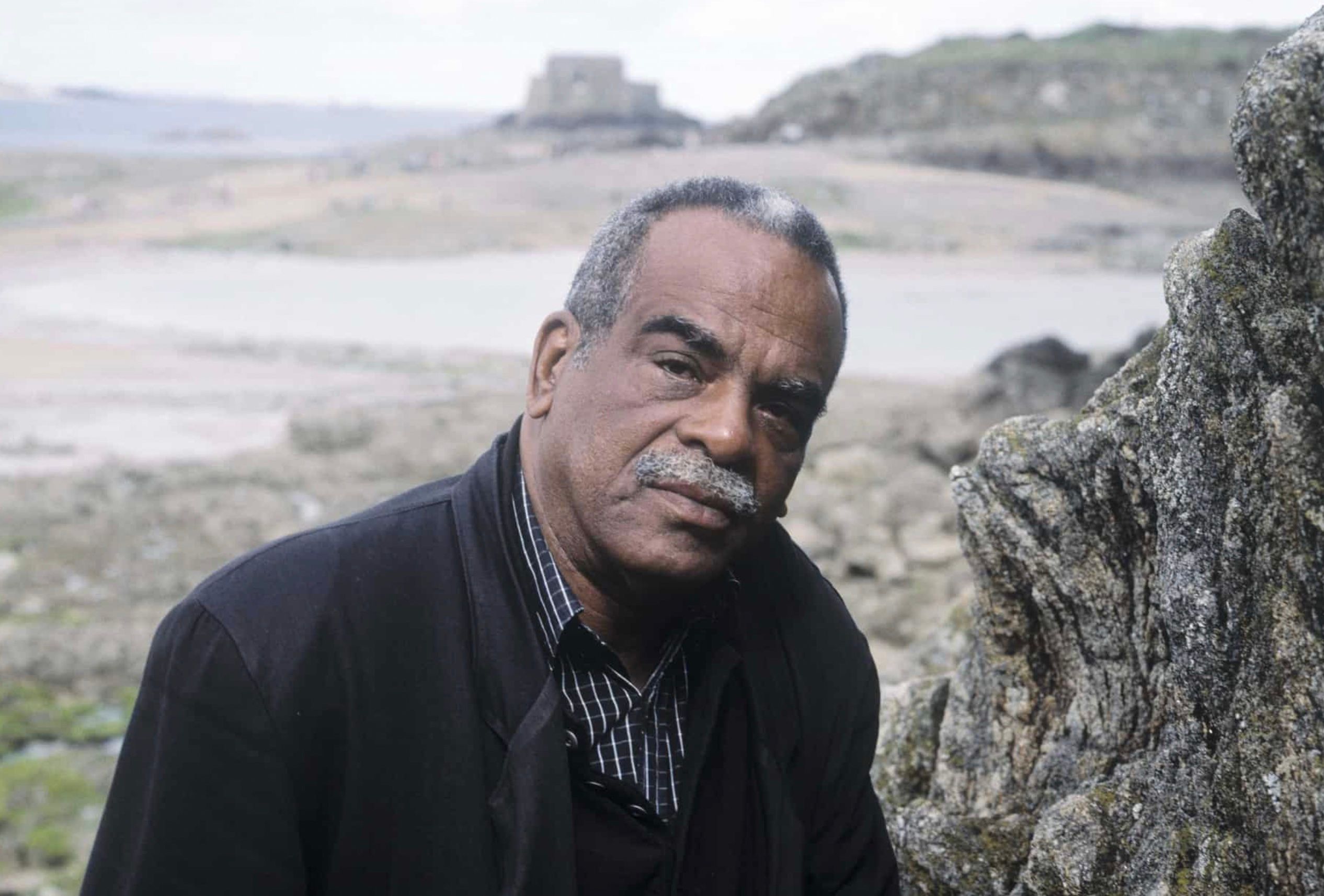Edouard Glissant

Édouard Glissant (1928–2011) was a renowned Martinican writer, poet, philosopher, and theorist whose work deeply explored themes of colonialism, identity, language, and cultural diversity in the Caribbean and beyond. A key figure in postcolonial thought, Glissant rejected narrow nationalism and instead championed “Relation”—a concept celebrating the interconnectedness and hybridity of cultures. His influential theories, such as “antillanité” and “créolisation,” emphasized the dynamic, evolving nature of Caribbean identity shaped by history, migration, and cultural mixing. Among his major works are the novel La Lézarde (which won the Prix Renaudot in 1958) and the philosophical text Poetics of Relation (1990). Glissant’s thought continues to shape global discussions on diversity, diaspora, and cultural resistance.

Poetics of Relation (1990)
Info: In Poetics of Relation, Édouard Glissant presents a profound philosophical exploration of identity, culture, and the interconnectedness of people, particularly in the context of the Caribbean. Glissant’s central concept of “Relation” emphasizes the fluid, dynamic connections between cultures, advocating for an understanding of identity as inherently hybrid and open to change rather than fixed or rooted in singular, nationalistic ideas. The book critiques Western notions of globalization and homogenization, arguing that instead of uniformity, the world should embrace diversity and the creolization of cultures. Through this lens, Glissant challenges the colonial legacy of domination and exclusion and offers an alternative vision of cultural exchange based on mutual respect and understanding.

Caribbean Discourse (1981)
Info: Caribbean Discourse is a foundational text in postcolonial Caribbean thought, where Glissant examines the historical, cultural, and linguistic complexities of the Caribbean experience. In this work, he critiques the Caribbean intellectual tradition for often being too focused on Europe and Eurocentric thought, urging instead for an appreciation of the Caribbean’s unique history of slavery, colonization, and cultural hybridization. Glissant calls for the creation of a distinctive Caribbean identity, one that is rooted in the region’s diverse histories and languages, such as Creole, and that recognizes the importance of cultural diversity over the pursuit of a homogeneous national identity. He also explores the concept of “opacity,” the idea that certain cultural experiences and identities cannot be fully understood or categorized by outsiders, emphasizing the value of mystery and complexity in Caribbean culture.